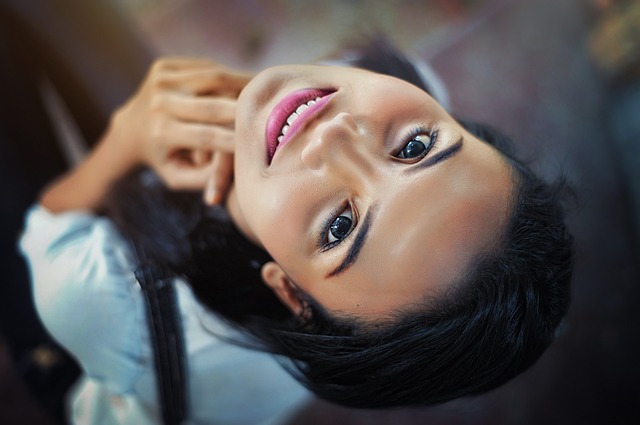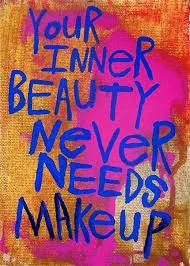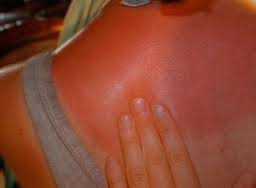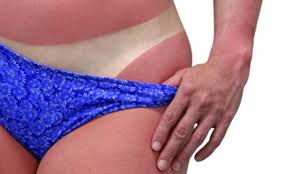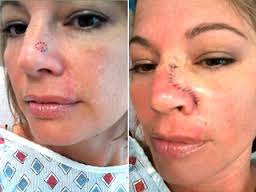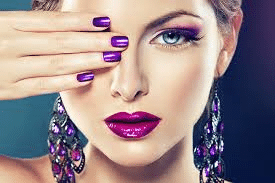
There tends to be a direct relationship between allergy season and acne flare-ups. Some consider it to be just a coincidence, but others question if there is actually a connection. The last thing that anyone wants to feel after a series of coughing and sneezing is a breakout at the same time.
In terms of any potential relationship between acne and allergies, certain things must be understood. First, itching and rubbing that is caused as a result of allergies can aggravate acne that already exists and cause further breakouts. You can help treat these allergies by visiting a Premier Allergy and Asthma location near you.
Dry skin that is caused by allergies can worsen acne. In terms of treating your allergies, a skincare routine can help alleviate acne. If you require help in treating allergies, experts in the industry such as Premier Allergy can be of assistance.
Is There Any Connection Between Allergies and Acne?
As of right now, there is no evidence that exists to suggest that allergies can cause acne. However, there is increasing evidence to show that there could be a potential connection between the two.
If you happen to be allergic to something, the body produces antibodies and overreacts to that allergen. In order to protect the body from foreign invaders, the boy will instantly go after that substance. Allergy symptoms such as watery eyes, red skin and sneezing happen thereafter.
At this point, when people have allergies, many want to rub their face. If the nose and eyes are watery, we may use washcloths or tissues to wipe the moisture away. All of this wiping, itching, and rubbing could potentially irritate the skin and severely dry it out. Heading to Premier Allergy to get treatment could be a potential way to alleviate some of these symptoms.
Dry Skin
When the skin becomes dry, it can predispose the body to acne breakouts. This is because the skin is being stripped of its natural oils, and a material called sebum is produced in the body in order to overcompensate for that loss. This helps protect the skin, but all of this excess oil being produced can cause pimples, cysts, blackheads, and whiteheads while clogging the pores.
Treating Allergy-Related Acne
If you have a suspicion that flare-ups you are experiencing are a result of allergies, there are certain things you should adhere to in your treatment regimen. First, you need to have a consistent way of treating your skin. Acne is not directly caused by allergies, but it can be exacerbated. This means that you need to make sure that you are taking care of this skin by getting enough rest and keeping your body moisturized.
You will also have to effectively treat your allergies, and one such option is to head to a Premier Allergy and Asthma location. If the allergies happen for a season, using an over-the-counter antihistamine can be effective. If there is no relief from that, you should consult a medical provider to prescribe something more potent.
Also, you need to get out of the temptation of rubbing your face because this will dry out your skin even more and irritate pimples that are already suffering from inflammation. In addition to this, you should pick your skincare products wisely.

